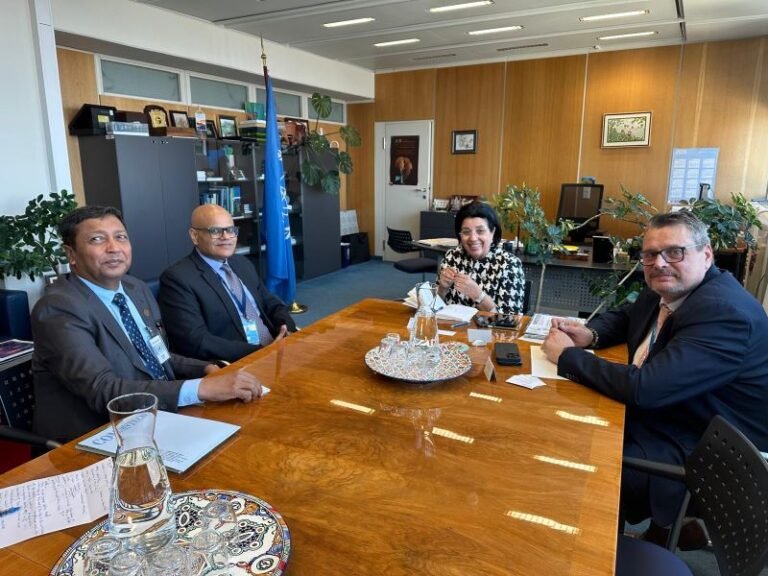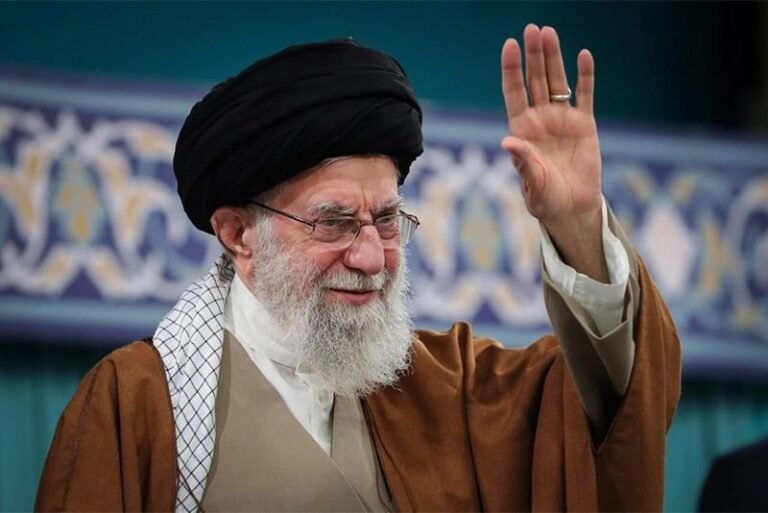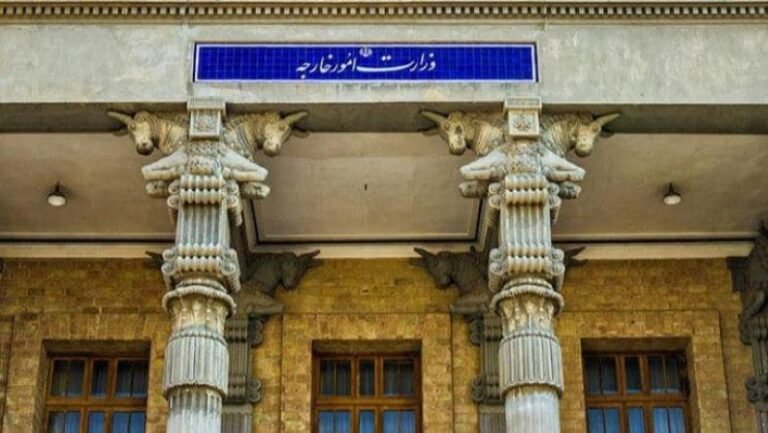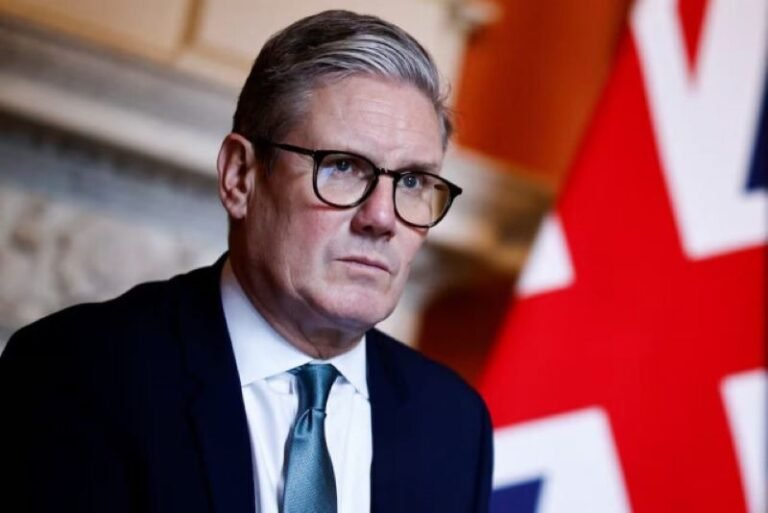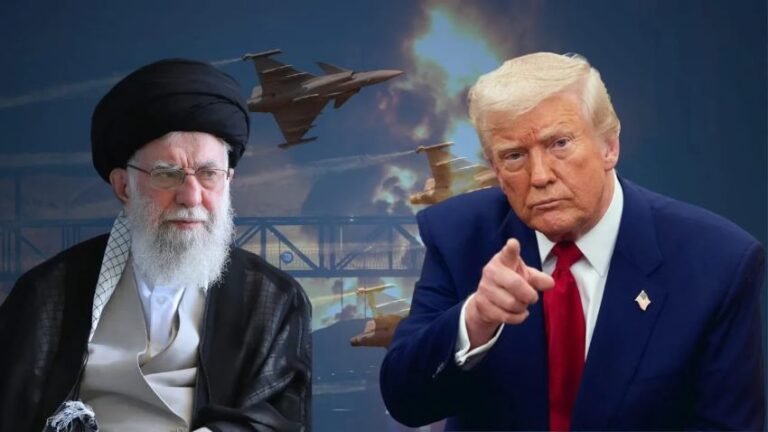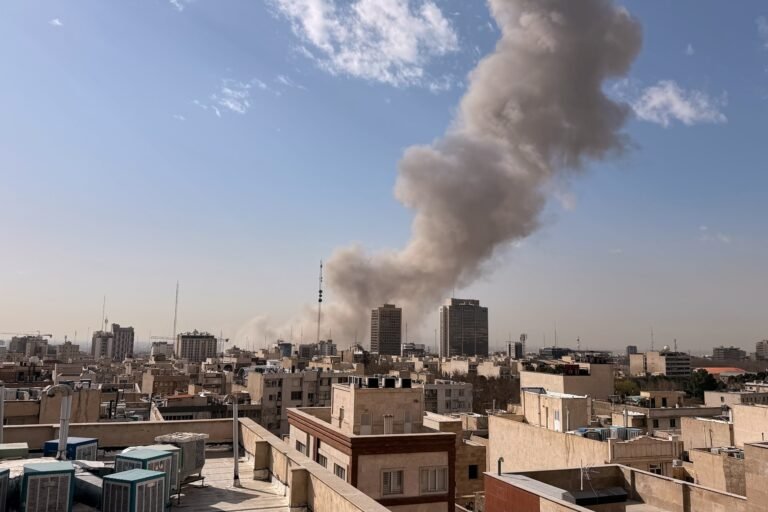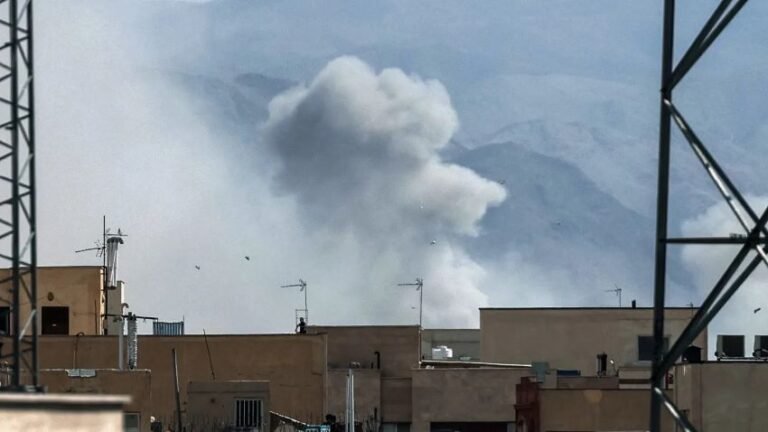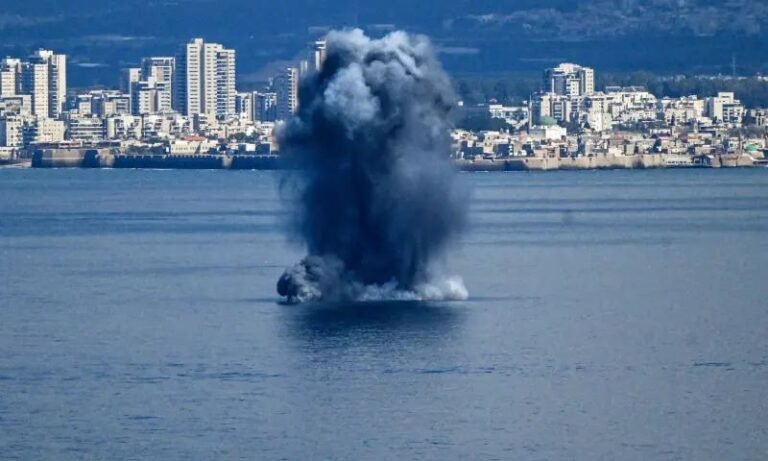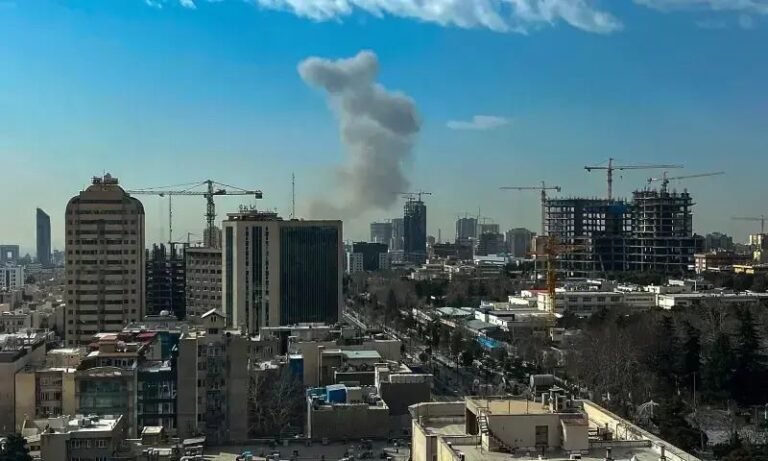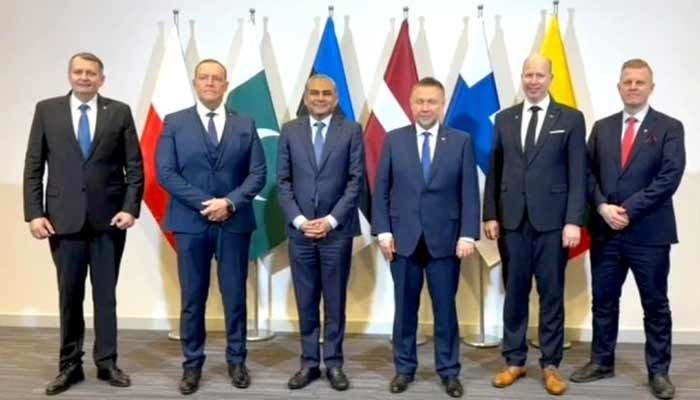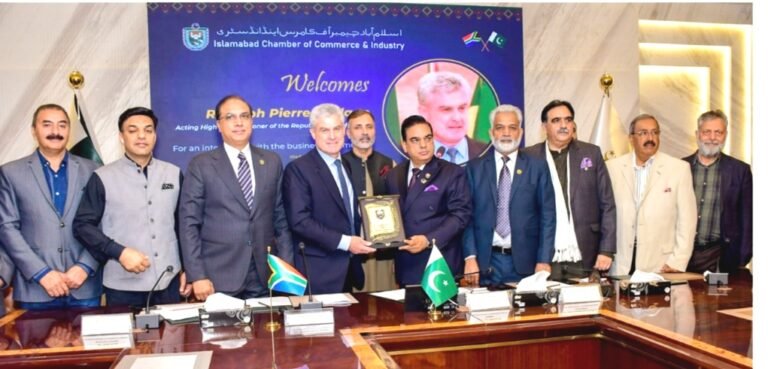Seoul (TDI): The 17th Central Asia–Republic of Korea Cooperation Forum, recently held in Seoul, focused on expanding ties between Central Asian nations and South Korea across various sectors, including transport, energy, critical minerals, digital transformation, environmental concerns, and tourism.
Kazakhstan’s Foreign Minister, Murat Nurtleu, speaking at the forum, stressed the importance of transport connectivity for the region’s economic development.
He highlighted Kazakhstan’s efforts to develop the Trans-Caspian International Transport Route, which aims to enhance cargo transportation between Asia and Europe.
Nurtleu invited South Korean companies to join efforts to expand the route’s capacity to 10 million tons of cargo annually.
In the energy sector, Nurtleu emphasized Kazakhstan’s vast reserves of rare earth metals and uranium, urging Korean companies to participate in resource extraction and processing.
He also called for South Korean involvement in a consortium to construct a nuclear power plant in Kazakhstan.
Also Read: Kazakhstan, South Korea Discuss Nuclear Partnership
Nurtleu noted that Central Asian countries and South Korea share a long history of trade and cultural exchange dating back to the Silk Road, and highlighted South Korea’s increasing importance in the region’s economic and technological growth.
Kyrgyzstan’s First Deputy Minister of Foreign Affairs, Asein Isaev, also addressed the forum, emphasizing South Korea’s role as a high-tech nation eager to strengthen supply chains for energy resources, rare earth metals, and transport logistics across Central Asia.
South Korea’s President, Yoon Suk Yeol, who met with Central Asian leaders during the forum, reiterated Korea’s commitment to strengthening relations with the region through the K-Silk Road initiative.
Also Read: China-Central Asia Forum Seals $1.57 Bln in Cooperation Deals
This strategic program aims to enhance infrastructure development in Central Asia in exchange for improved access to the region’s raw materials and critical minerals.
President Yoon had previously visited Kazakhstan in June, underscoring the importance of a strategic partnership to secure critical minerals.
Farkhund Yousafzai is an Associate Editor at The Diplomatic Insight.
- Farkhund Yousafzai
- Farkhund Yousafzai
- Farkhund Yousafzai



